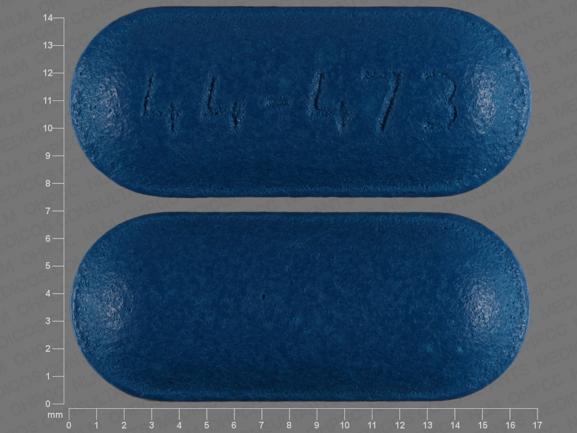Acetaminophen / Chlorpheniramine / Dextromethorphan / Phenylephrine Dosage
Applies to the following strengths: 160 mg-1 mg-5 mg-2.5 mg/5 mL; 325 mg-2 mg-10 mg-5 mg; varying strength; 325 mg-2 mg-15 mg-5 mg; 250 mg-2 mg-10 mg-5 mg; 650 mg-4 mg-13 mg-10 mg/10 mL; 325 mg-2 mg-6.5 mg-5 mg/5 mL
Usual Adult Dose for:
Usual Pediatric Dose for:
Additional dosage information:
Usual Adult Dose for Cold Symptoms
Acetaminophen/chlorpheniramine/dextromethorphan/phenylephrine 325 mg-2 mg-10 mg-5 mg oral caplets: 2 caplets orally every 4 hours not to exceed 12 caplets/daily
Acetaminophen/chlorpheniramine/dextromethorphan/phenylephrine 325 mg-2 mg-15 mg-5 mg oral caplets: 2 caplets orally every 6 hours not to exceed 8 caplets/daily
Acetaminophen/chlorpheniramine/dextromethorphan/phenylephrine 160 mg-1 mg-5 mg-2.5 mg oral caplets: 4 teaspoonfuls orally every 4 hours not to exceed 5 doses in 24 hours
Usual Pediatric Dose for Cold Symptoms
Greater than or equal to 12 years:
Acetaminophen/chlorpheniramine/dextromethorphan/phenylephrine 325 mg-2 mg-10 mg-5 mg oral caplets: 2 caplets orally every 4 hours not to exceed 12 caplets/daily
Acetaminophen/chlorpheniramine/dextromethorphan/phenylephrine 325 mg-2 mg-15 mg-5 mg oral caplets: 2 caplets orally every 6 hours not to exceed 8 caplets/daily
Acetaminophen/chlorpheniramine/dextromethorphan/phenylephrine 160 mg-1 mg-5 mg-2.5 mg oral caplets: 4 teaspoonfuls orally every 4 hours not to exceed 5 doses in 24 hours
6 to under 12 years old:
Acetaminophen/chlorpheniramine/dextromethorphan/phenylephrine 160 mg-1 mg-5 mg-2.5 mg oral caplets: 2 teaspoonfuls orally every 4 hours not to exceed 5 doses in 24 hours
Do not use in children under 2 years old.
Renal Dose Adjustments
Data not available
Liver Dose Adjustments
Data not available
Precautions
Use with caution in patients with liver disease. Chronic use of acetaminophen is not recommended in patients with liver disease.
The elimination of chlorpheniramine may be prolonged in patients with renal dysfunction. These patients should be monitored for excessive sedation and other adverse effects that may result from chlorpheniramine accumulation.
Dialysis
Data not available
Other Comments
Swallow whole. Do not crush, chew, or dissolve.
More about acetaminophen / chlorpheniramine / dextromethorphan / phenylephrine
- Check interactions
- Compare alternatives
- Pricing & coupons
- Drug images
- Side effects
- During pregnancy
- Drug class: upper respiratory combinations
Patient resources
Other brands
Cold Multi-Symptom (Nighttime), Comtrex Nighttime Cold & Cough, Theraflu Nighttime Severe Cold & Cough Caplets
Related treatment guides
See also:
Further information
Always consult your healthcare provider to ensure the information displayed on this page applies to your personal circumstances.


